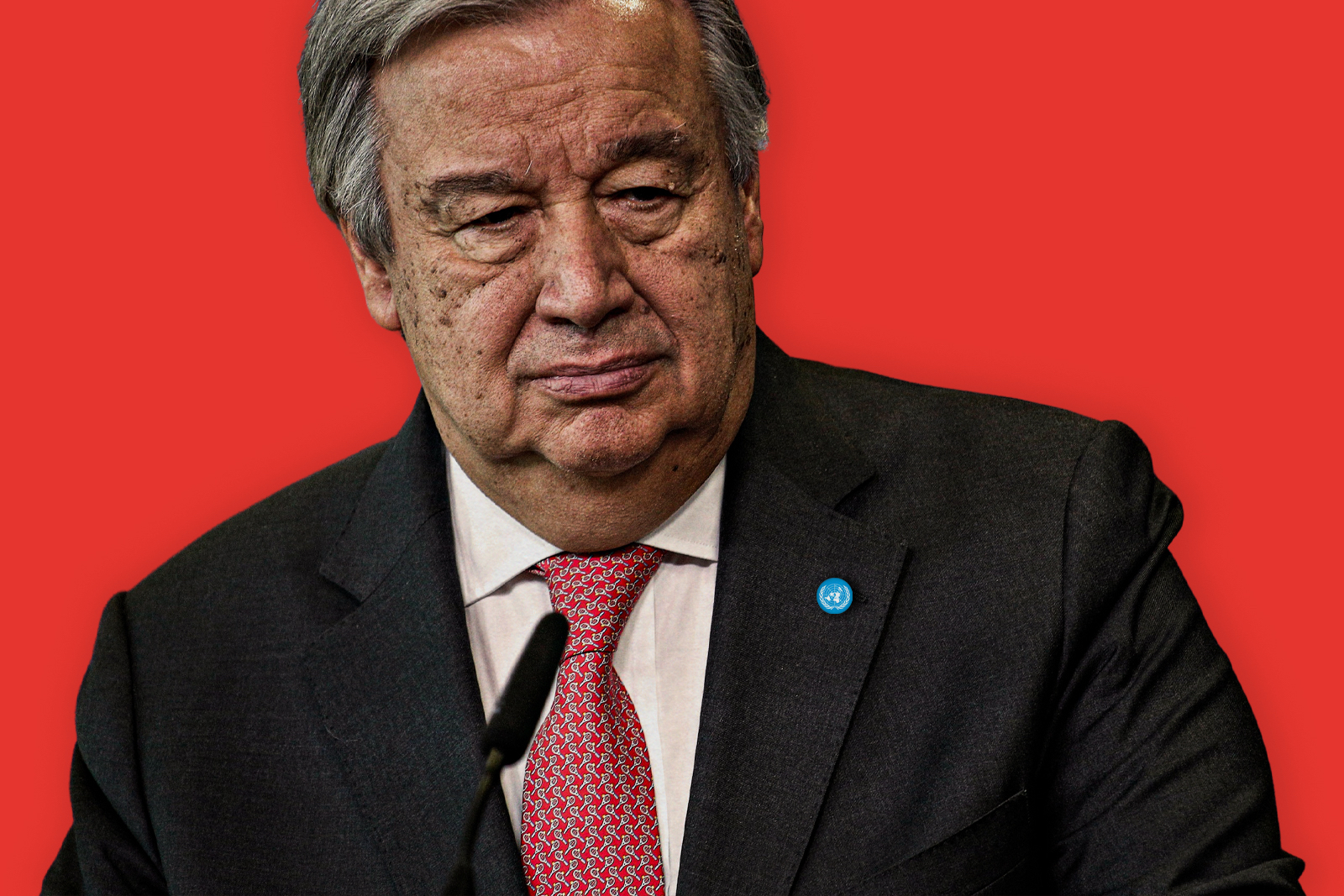
The Bad Optics of Guterres’s Engagement with Putin
The debate surrounding UN Secretary-General António Guterres’s recent attendance at the 2024 BRICS summit—that took place in Kazan, Russia, between October 22 and 24—reveals deep fractures in how international diplomacy is understood and practiced in an increasingly polarized world.
On one side, critics argue that Guterres’s cordial engagement with Russian President Vladimir Putin is tantamount to endorsing his actions. Critics contend that such diplomacy undermines the moral authority of the UN, especially in light of ongoing conflicts such as the war in Ukraine.
In his article published on The Hill, Alexander J. Motyl, a professor of political science at Rutgers University-Newark, criticizes Guterres for meeting a “war criminal” at the summit. He argues that while Guterres has to engage with world leaders, it is morally wrong for him to appear cordial with authoritarian strongmen like Putin.
Motyl emphasizes that Guterres’s actions effectively endorse Putin’s actions and diminish the UN’s credibility, particularly at a time when tensions are escalating due to North Korean troops arriving in Russia to support Russia’s war effort in Ukraine.
Motyl compares Guterres’s bow to the historical appeasement of dictators, suggesting it shows a lack of respect for Ukraine’s suffering. Ultimately, Motyl calls for Guterres to resign, asserting that he has compromised his position and the UN’s mission for peace.
The crux of this argument is that in times of escalating conflict, leaders must take clear stances that reflect their commitment to justice and accountability.
Conversely, risk analyst and columnist Bahauddin Foizee presents a compelling defense of Guterres’s approach, framing it as a necessary engagement for peace. He emphasizes in his article published on Oped Column Syndication that the Secretary-General’s role is not merely to condemn aggression but to foster dialogue among all nations, even those accused of serious crimes, including using rape as a weapon.
Foizee argues that sidelining Russia could jeopardize the UN’s broader mission and limit opportunities for conflict resolution. His perspective highlights the complexity of international relations, where rigid moral absolutism can hinder the nuanced diplomacy required to achieve lasting peace.
Additionally, Foizee defends Guterres’s absence from Ukraine’s peace summit in Switzerland in June, stating that it reflects the need for balance; attending would have necessitated alignment with Western proposals, potentially alienating Russia.
These contrasting views underscore a pivotal tension in contemporary global politics: the balance between moral leadership and pragmatic diplomacy. Critics of Guterres fear that engaging with dictators could normalize their actions and erode the UN’s credibility. However, proponents assert that without dialogue, the potential for de-escalation and understanding diminishes.
This dilemma raises critical questions about the role of international organizations in addressing conflict: Is the UN a moral arbiter, or should it prioritize dialogue, even with those who perpetrate violence?
It appears that Guterres’s actions will continue to be scrutinized, reflecting broader anxieties about how the international community navigates the turbulent waters of diplomacy in a world rife with injustice. As the war in Ukraine continues and other global tensions simmer, the challenge for António Guterres and his successors will be to find pathways to peace without compromising their moral principles. The effectiveness of the UN, and indeed of global diplomacy itself, may hinge on this delicate balance.
